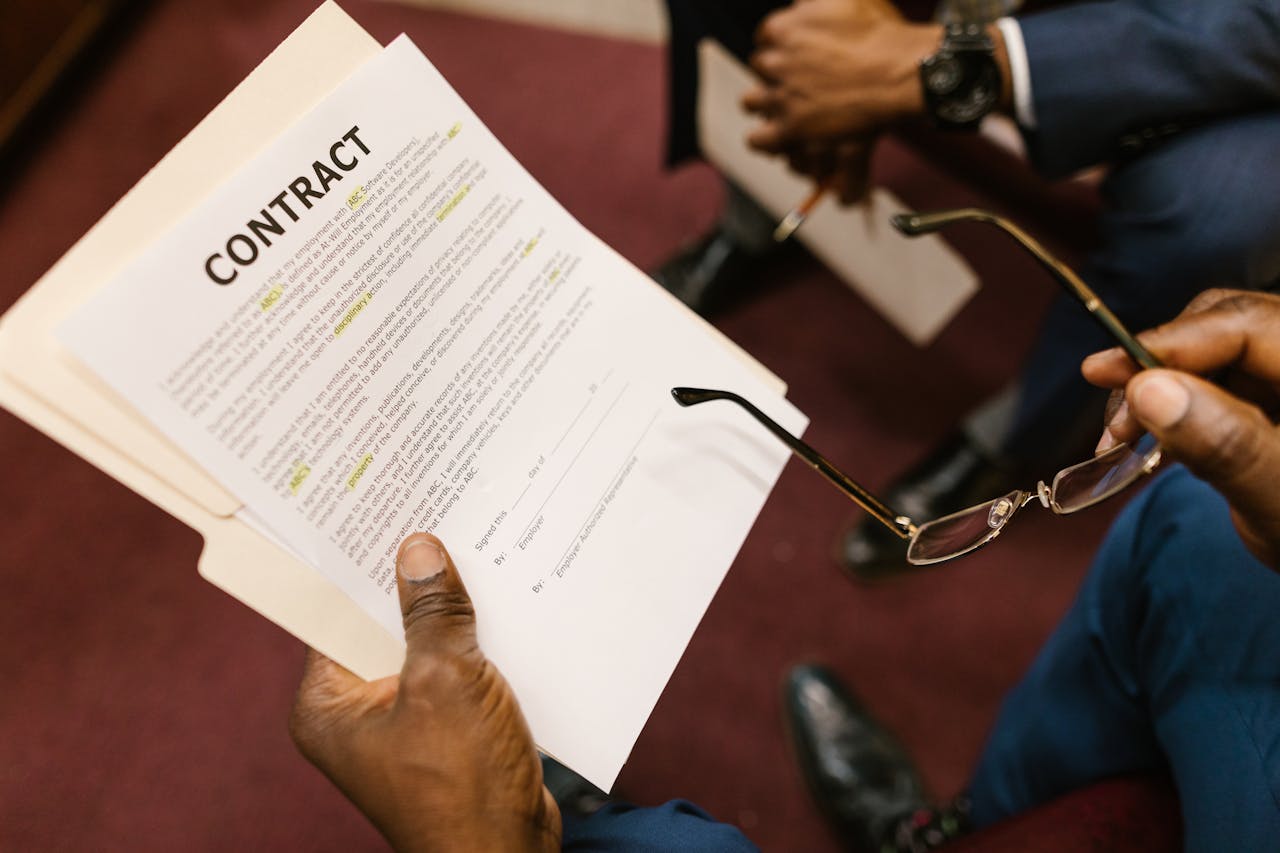In the fast-paced and commercially driven environment of the United Arab Emirates, businesses and individuals often seek faster, more confidential, and cost-effective alternatives to traditional court litigation. Arbitration has become a preferred method of dispute resolution in the UAE — especially for cross-border and high-value commercial matters.
In this blog, we’ll explore how arbitration works in the UAE, its benefits, key institutions, and when it may be the right choice for resolving disputes.
What is Arbitration?
Arbitration is a private dispute resolution process where two parties agree to submit their dispute to a neutral third party (the arbitrator or arbitral tribunal), who renders a binding decision. It is governed by both the arbitration agreement between the parties and the applicable arbitration rules.
Why Choose Arbitration in the UAE?
Here are some compelling reasons why businesses and individuals choose arbitration over litigation:
- Confidentiality: Arbitration proceedings are private, unlike public court hearings.
- Speed: Arbitration can be resolved faster than litigation, especially for complex commercial cases.
- Flexibility: Parties have control over procedures, venue, and even choice of arbitrators.
- Enforceability: Arbitral awards issued in the UAE are enforceable locally and internationally under the New York Convention, which the UAE is a signatory to.
- Expertise: Arbitrators often have deep industry-specific knowledge, which can lead to more informed decisions.
Key Arbitration Centers in the UAE
- Dubai International Arbitration Centre (DIAC)
One of the largest and most well-established arbitration centers in the region. DIAC recently updated its rules in 2022 to align with international standards. - Dubai International Financial Centre – London Court of International Arbitration (DIFC-LCIA)
A popular venue for international commercial disputes, particularly for parties operating within the DIFC. - Abu Dhabi Global Market Arbitration Centre (ADGMAC)
Based in Abu Dhabi, ADGM operates under English common law and is gaining prominence for international arbitration. - Sharjah International Commercial Arbitration Centre (Tahkeem)
A local alternative for commercial disputes within Sharjah and Northern Emirates.
Legal Framework for Arbitration in the UAE
The UAE’s Federal Arbitration Law No. 6 of 2018 governs arbitration conducted within the country. It is modeled on the UNCITRAL Model Law, ensuring global best practices and transparency.
Key features include:
- Arbitrator independence and neutrality
- Recognition and enforcement of arbitral awards
- Limited grounds for challenging awards
For arbitration seated in free zones like DIFC or ADGM, separate legal frameworks apply, both based on international arbitration standards.
When Should You Choose Arbitration?
Arbitration is best suited for:
- Complex commercial contracts
- Cross-border transactions
- Real estate, construction, and infrastructure disputes
- Investor-state or shareholder disagreements
To use arbitration, parties must include an arbitration clause in their contract, or sign a separate arbitration agreement.
Challenges to Consider
While arbitration has many benefits, there are a few points to consider:
- Costs can be high in institutional arbitration
- No automatic right to appeal
- Enforcement may face resistance in some jurisdictions if not properly structured
How We Can Help
At Vision and Solution Legal Consultancy, we provide expert support in:
- Drafting airtight arbitration clauses
- Representing clients in arbitration proceedings
- Coordinating with leading arbitration institutions
- Enforcing arbitral awards through UAE courts
Whether you are drafting a new agreement or facing a contractual dispute, our team ensures that your arbitration process is legally sound, efficient, and strategically guided.
Need advice on arbitration in the UAE?
Reach out to us today for a confidential consultation.


